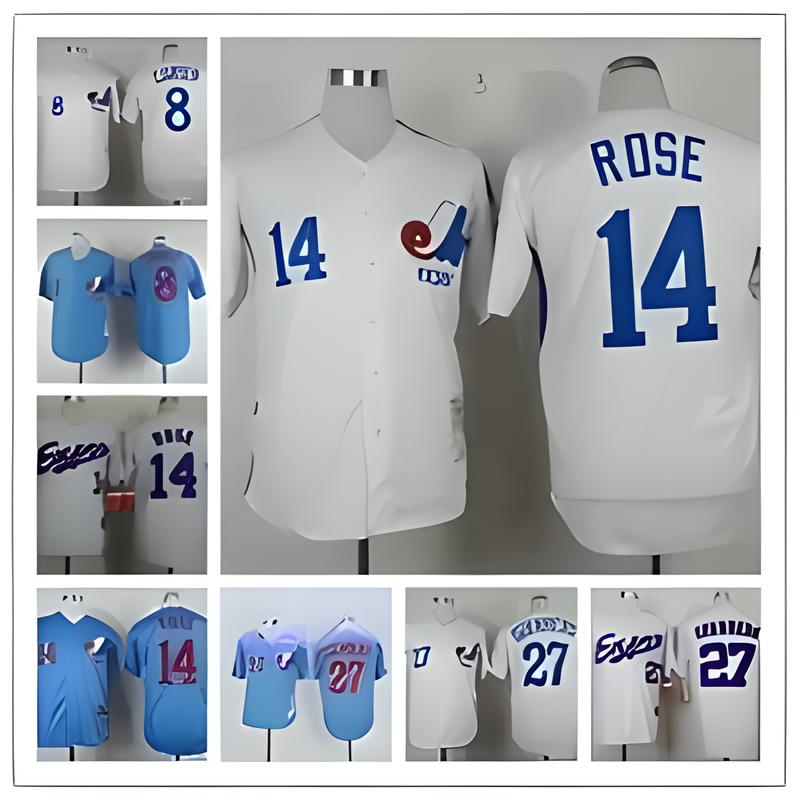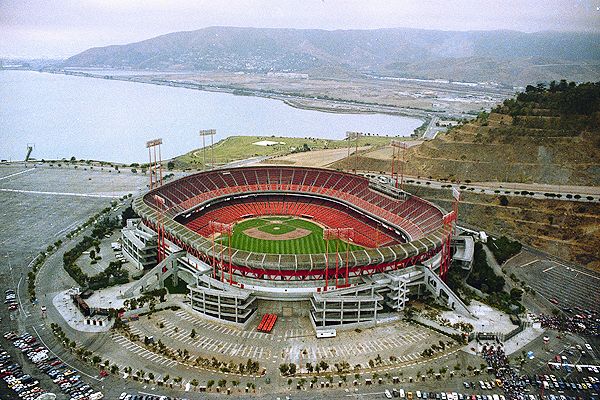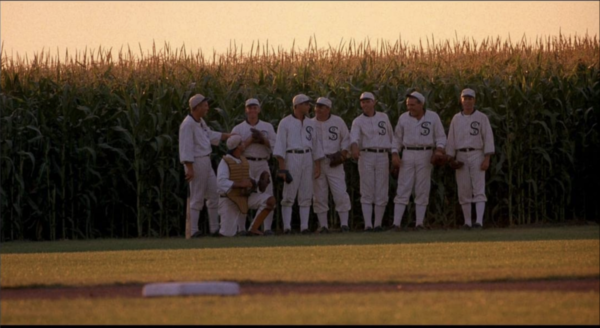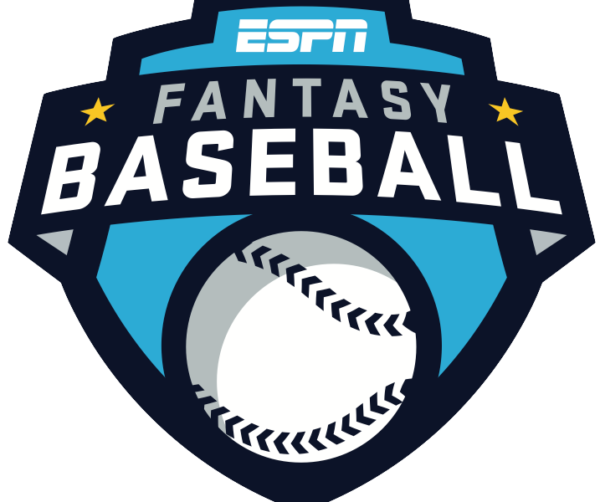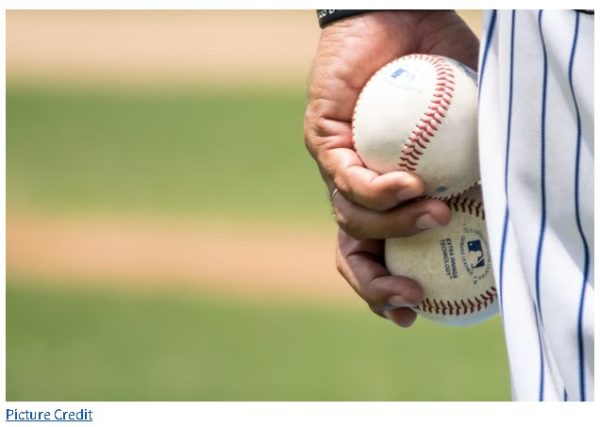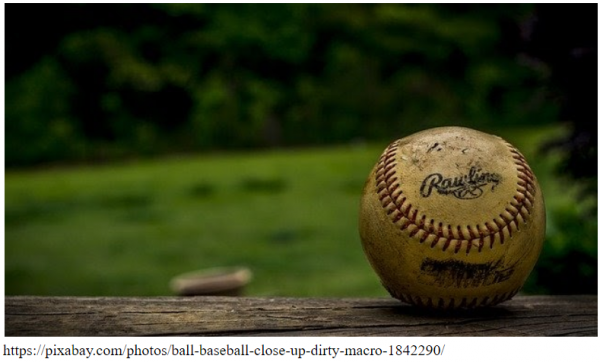Volume IV, Issue 7: A Publication For Your Reading Enjoyment
The strange case of the Florida Marlins Leo Núñez – who is actually Juan Carlos Oviedo – may be just the tip of the iceberg if what some baseball insiders are telling the INFORMER is true, following the revelation that the Dominican Republic pitcher played under an assumed name for years and is older than he claimed when signed.
Several people have told me that as many as 30 current major league and minor league players from the Dominican Republic are in the same fix as Núñez /Oviedo, and, like him, failed to come forward when MLB offered amnesty to players who admitted falsifying their names and/or ages.
“It would be naive to think that Núñez is the lone culprit in this,” one person told the INFORMER . “Major League Baseball really only intensified its crackdown on age and identity within the past two or three years; before that it was kind of hit or miss, and if you were missed, the chances of avoiding discovery, obviously, are pretty good.”
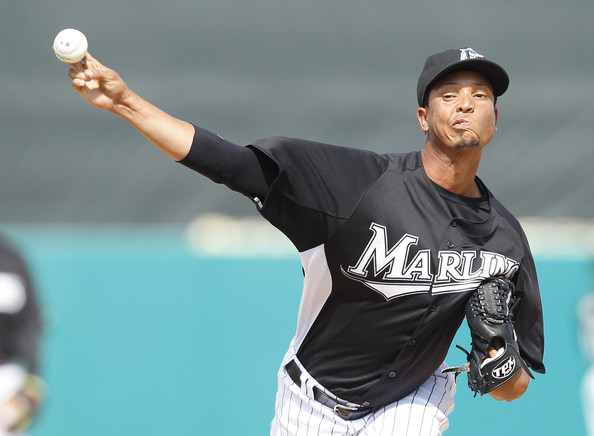
Núñez, who was a reliever for the Marlins until last week, has admitted his transgressions – he is also 29, a year older than was thought – and was placed on the Marlins’ restricted list. He has since returned to the Dominican Republic where authorities here now say he will not face charges for identity fraud. The Marlins acknowledged they have been aware of the situation for several months, but gave no further explanation of why he was allowed to continue to pitch.
Meanwhile in Santo Domingo, police arrested Hector Bienvenido Pena Diaz and charged him with obtaining fake identity documents for Núñez before he signed his first pro contract with the Pittsburgh Pirates in 2000. In 2002, in a post-September 11 security blitz , Núñez was not among the 180 Dominican baseball players outed for playing under an assumed name, nor was he among the players who came forward in 2008 when Major League Baseball gave amnesty to players who admitted falsifying age and/or identity.
Major League Baseball has been plagued for years with age and identity fraud problems in the Dominican Republic and initiated a major reform movement a year and a half ago. While the problem has been curtailed, it has not been eliminated and the Núñez case may be an indication of a more insidious problem – rooting out long-time players who lied about their identities.
“You are talking about people who have avoided detection, some of them for years,” said another person familiar with the situation. “Do you risk coming forward now, perhaps subjecting yourself to arrest and possible termination of your baseball career?” Major League Baseball rules provide a year suspension for minor leaguers who commit identity fraud; major leaguers are penalized at the discretion of the commissioner’s office. But the legal issue of a forged identity can bar a player from receiving a U.S. visa, effectively ending a career.
According to The Miami Herald, Núñez called the Dominican consulate in Miami on Sept. 7, revealing he was playing under an assumed name and wanting to resolve the problem. Dominican Consul General Manuel Felipe Almanzar called his country’s attorney general’s office and the Dominican Central Elections Board, which documents identity papers.
“[ Núñez] came in and made a sworn declaration saying that he was not from Jamao al Norte but from Bonao, a town in the Dominican Republic, and that when he was young, still a minor and a prospect about to be signed, a coach who managed his league recommended that he assume another name, one of a person a year younger, so that he could get a better contract,” Almanzar told the newspaper. “So he became Leonel Núñez Morales, who was his best friend since childhood. That made it easier for him, because Leonel was 16, which was an appropriate age for a Dominican baseball player.”

Félix Suriel, who heads the Dominican Elections Board office in Miami, told the Herald, “Major League Baseball should be investigating these documents and checking whether the name is fake. It seems to be negligence by the very people who receive the fraudulent birth certificate. If a person came here to my office with a fake I.D., I’d put their name in a computer and immediately see the face of the other person. The teams don’t have a company they can hire to do these things? It’s a big problem with all the players, not just from the Dominican Republic but all over Latin America.”
Indeed, while I am told that at as many as 30 Dominicans on major and minor league rosters are imposters, I was also informed there are a slew from Venezuela, Panama, Nicaragua and other Latin American countries who are playing the name game. But the Dominican Republic, outside the United States, provides the most players to professional baseball and if the tide is not stemmed here, it will never be.
The problem has been and will continue to be the value placed on a 16-year-old Dominican prospect, the youngest that can be signed by an MLB team, and the devaluation that takes place as a prospect gets older. Many are encouraged to lie about their age in order to command more money. During the post-September 11 crackdown, over 500 players, most of them from the Dominican Republic, were found to be using false names and/or ages, testament to the enormity of the problem.
This latest bombshell on the Dominican baseball reform battlefield is going to be difficult to diffuse. On one hand, baseball has made strides in addressing age and identity fraud among its young prospects, doing a consistently better job in policing the intake process. Cooperation from Dominican authorities has also helped and there is currently greater faith that a 16-year-old is indeed exactly who he says he is.
But weeding out those who have slipped past the guardians of the gate is going to be difficult, maybe impossible, particularly depending on what happens to Núñez. He certainly deserves some punishment for not only his initial lies, but also for maintaining the rouse even when he didn’t have to, when he would have been home free simply by admitting guilt in 2008.
I find his adult transgressions more indigestible than those of his youth; adults take responsibility for their actions, which Núñez did not until recently, and, if the estimates provided me are accurate, there are others who have been playing professional baseball for years who are not who they appear to be.
The major difference between a 16-year-old prospect changing his age and/or identity and a veteran playing under an assumed identity is that the veteran has amassed statistics that are now part of the eternal baseball record book. You can assail the home run records of those suspected of taking performance enhancing drugs, but you can’t erase them, nor can you erase the records of those who have batted, pitched or stolen a base in Major League Baseball.
Núñez’ stat line is solid. This year he was 1-4, with a 4.06 ERA, 55 strikeouts, 21 walks and 36 saves, ranking him seventh in the National League in saves. The right-hander has 92 saves for the Marlins, placing him third on the team’s all-time list. His statistics are now part of baseball history, but the fact that deception is involved taints his record and undermines the integrity of the game.
People go to a New York Yankees game expecting to see Alex Rodriguez playing third base, not someone pretending to be Rodriguez. The same principle applies to Núñez and others like him.
By the way, Núñez earned $3.6 million this year and stood to make $5.8 million next year. Some are questioning whether the timing of Núñez’ admission has anything to do with the fact that he would have become a free agent after next season, and if that factored into his decision or the Marlin’s decision to keep the matter under wraps for months.
Only time will tell how the tale of the pitcher formerly known as Leo Núñez unravels, and its larger implications on baseball. For now, it is just another conundrum in the ongoing saga of Dominican baseball. And, it gives a new twist to “Who’s on first, What’s on second, and I Don’t Know’s on third.”
The Hit Parade
A tip of the batting helmet to Vladimir Guerrero who recently set the record for career hits by a Dominican-born player. Guerrero, who plays for the Baltimore Orioles, hit a single in a 6-3 win over the Boston Red Sox to break a tie with Julio Franco and collect his 2,587th hit.
It took him 16 seasons to do it, compared to 23 for Franco. “I played a lot of years, so it felt very good, satisfying to get that hit,” Guerrero said after reaching the milestone.




